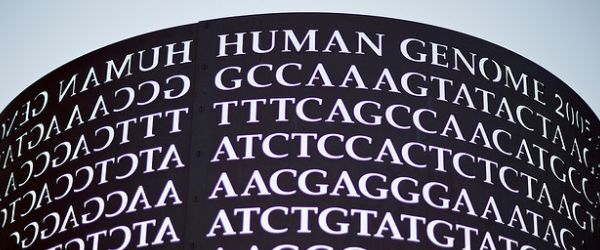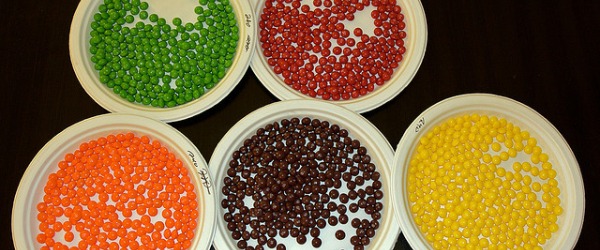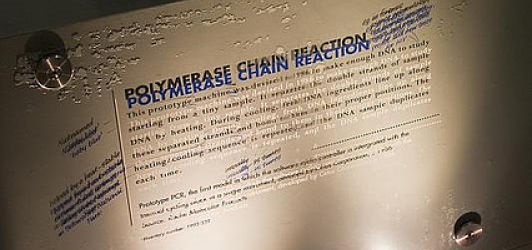A (very) Short History of Histology
Discover the history of histology, from the first mention of a cell in 1665 to the identification and development of various stains.
Join Us
Sign up for our feature-packed newsletter today to ensure you get the latest expert help and advice to level up your lab work.
Search below to delve into the Bitesize Bio archive. Here, you’ll find over two decades of the best articles, live events, podcasts, and resources, created by real experts and passionate mentors, to help you improve as a bioscientist. Whether you’re looking to learn something new or dig deep into a topic, you’ll find trustworthy, human-crafted content that’s ready to inspire and guide you.

Discover the history of histology, from the first mention of a cell in 1665 to the identification and development of various stains.

Discover how chromatic and geometric imaging aberrations have been corrected over the last few centuries with the development of corrected lenses and objectives.

If you’ve been keeping up with our recent series of articles, welcome back! If not, you can catch up on how fluorescence works or what not to do with your flow experiment. In short, we have been discussing fluorescent labels and their role in flow cytometry. Today, I’ll round out our discussion by touching on…

Genomics, transcriptomics, proteomics, metabolomics – words that in 2015 sound very familiar even to a freshman in any biology field. Although most have heard those words before, I keep encountering students or even post-graduates who find it difficult to explain what they are. So, to make things easier here is a peek behind the curtains…

The flow cytometer that we have all grown to know and love may have only come into its own in the 1990’s, but who would have known that the first cell sorter was invented as early as the 1950’s? With the recent death of one of the key developers of fluorescence activated cell sorting (FACS),…

As with some of the greatest discoveries in science, from penicillin to microwave ovens and play-doh, PCR was discovered serendipitously. Thanks to the work of many scientists, including Watson and Crick, Kornberg, Khorana, Klenow, Kleppe (so many K’s…) and Sanger, all the main ingredients for PCR had been described by 1980. Like butter, flour, eggs,…

As a freshman biology major in undergrad, I was introduced to molecular biology with the following description: Molecular biology represents the intersection of genetics, biochemistry and cell biology. Some people, it turns out, add microbiology and virology into the mix. So molecular biology is often used as a catch-all, to describe a wide breadth of…

The eBook with top tips from our Researcher community.